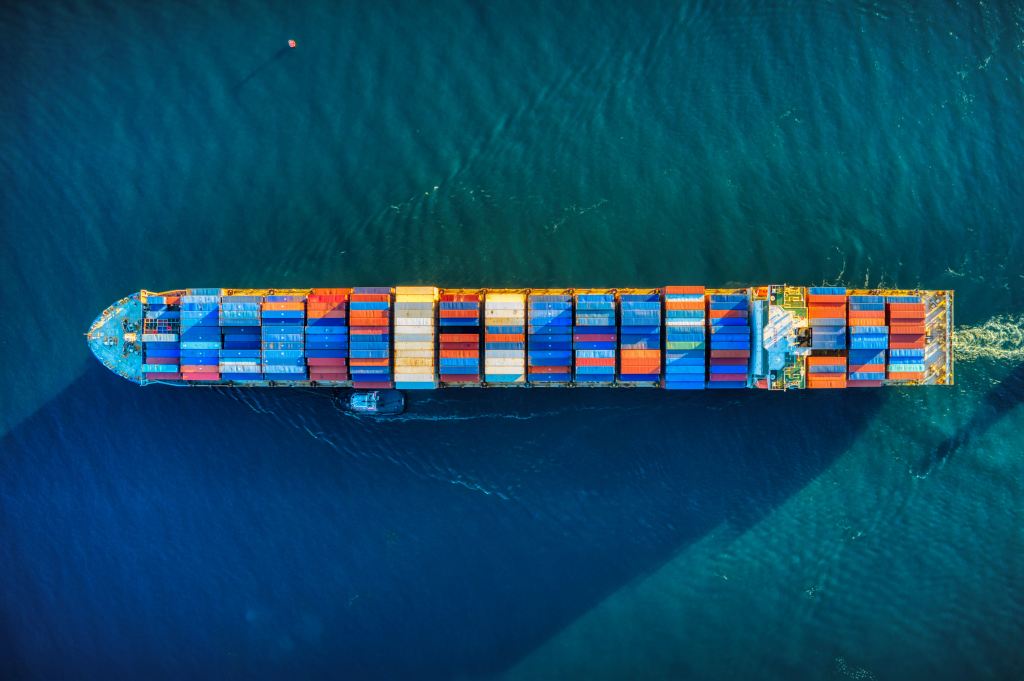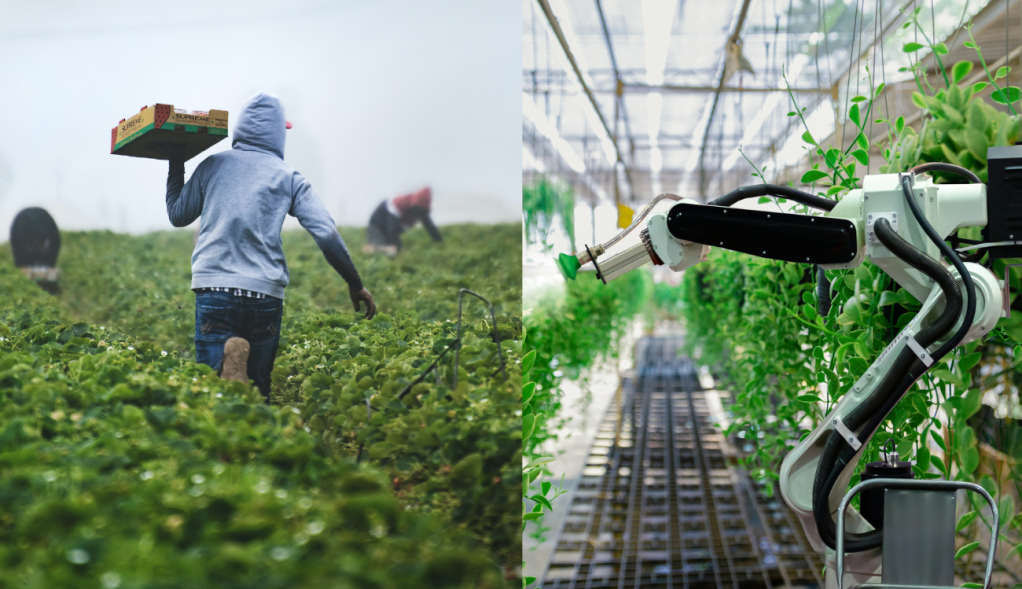Filipa Figueira, Teaching Fellow at UCL’s School of Slavonic and East European Studies, unpacks the politics and the emotional potential of the EU budget, and why Brexit might be good news in this regard.
Every seven years, the EU braces itself for a strange recurring phenomenon: Its comparatively small budget (only 1% of GNI; insignificant when compared to national governments’ budgets) becomes the focus of rapt attention from the media, politicians and unnerved citizens across the Union. Somehow the fact that this is not in fact a large amount of money in view of the size of the institutions it represents becomes lost in the picture, as politicians from different countries fight to get as much out of the limited pot as possible.
This time is no exception: as the European Commission proposed the next budgetary package for 2021-2027 (known as the Multiannual Financial Framework, or MFF for insiders) last Wednesday 2 May, the media reported every word, protests ensued from (mainly Eastern European) countries likely to lose out, and the controversy started.
Why all the emotion? How can a relatively moderate amount of money unleash such passions across the continent?
The first reason is what EU budget experts refer to as “leverage”: a small amount of money can become very important when it is closely tied to other forms of policymaking. In this way, the EU budget underpins several important EU policies.
Most notably, this includes the EU’s Cohesion Policy, which accounts for approximately a third of the budget, and consists of transfers to poorer countries and regions. Cohesion and structural funding from the EU has played an important role in helping countries from Central and Eastern Europe – and, before that, from the Mediterranean and Ireland – to develop and “catch up” with their richer counterparts. This is because the funding comes with conditions – it is part of a programme of economic development, and comes in exchange for reforms. Moreover, funding has to be matched by the national budgets, which effectively doubles the size of any project. This explains why countries are so keen on retaining this funding, which they see as crucial for their development.
A second, even more important reason, is less noble: the EU budget has been caught up in a vicious cycle of political failure. This is because of the focus on “net balances”, or how much a country benefits from the EU budget minus what it pays into it. When politicians from EU countries meet to negotiate it, they are under pressure to be able to report back to their national media that the “net balance” has, either improved, or at least not worsened. As the EU budget needs to be agreed by unanimity, this creates a situation where no changes are possible, so spending continues as before, even when this no longer makes sense.
As a result, today’s EU budget can seem to reflect the priorities of the long-gone years, rather than today’s needs. A case in point is agriculture. In 1962, when the Common Agricultural Policy was created, it made sense for this to be a flagship policy. Today, with agriculture representing less than 1% of GDP, it clearly does not make sense that half of the EU budget is dedicated to farming subsidies. Yet, attempts to change this have been failing since the 1970s. Just as the positive impact of cohesion funding outweighs its actual size, the same can be said of the negative impact of the EU’s support for agriculture: from leading to excessively high food prices (particularly harmful for the poor), to harming developing countries (as their agricultural production cannot compete with our overly subsidised one), through harming the environment.
Last week’s budgetary package brings some good news, however. Brexit has disrupted the inefficient equilibrium in which the EU budget was stuck, by suddenly changing the balance, as the UK will no longer contribute after its departure. As one of the net contributors, Britain’s departure opens up a hole in the budget, which makes changes in spending and net balances inevitable – thus breaking the cycle of inertia which made reforms nearly impossible. Paradoxically, as the UK was one of the main opponents of the agricultural funding, its departure from the Union may actually help reduce it. This has opened up a window for reform, and the European Commission is keen to explore it.
Together with the pro-EU and reformist attitude of French President Macron, this window of opportunity has created a realistic chance for a significant reduction in funding for agriculture. Indeed, the European Commission proposes to cut farming subsidies by 5%, with particular impact on large farms, seen as the less worthy recipients of EU subsidies.
Another important development is the introduction of a link between cohesion funding and respect for the rule of law. As the EU has desperately tried, and so far failed, to stop democratic backsliding in Poland and Hungary, this week’s proposals bring the first potentially workable solution. The European Commission proposes a mechanism for reducing EU funding if it is found that democratic principles are not being respected – which is not unanimous and therefore cannot be blocked by its potential targets. Given the importance that governments attach to this funding, this is a proposal with teeth.
So, as the EU budget show re-opens this week, we can find comfort in the fact that, this time around, there is potential for constructive developments. A small amount of money that speaks louder than its size can this time be the vehicle for positive changes in the EU.
Dr Filipa Figueira (@FilipaFigueira) is Teaching Fellow at the UCL School of Slavonic and Easter European Studies. Her main areas of research are the European Union and Political Economy.
Image credit: Maison Boutarin via Flickr, CC BY-NC-ND 2.0
Note: The views expressed in this post are those of the author, and not of the UCL European Institute, nor of UCL.





Leave a comment